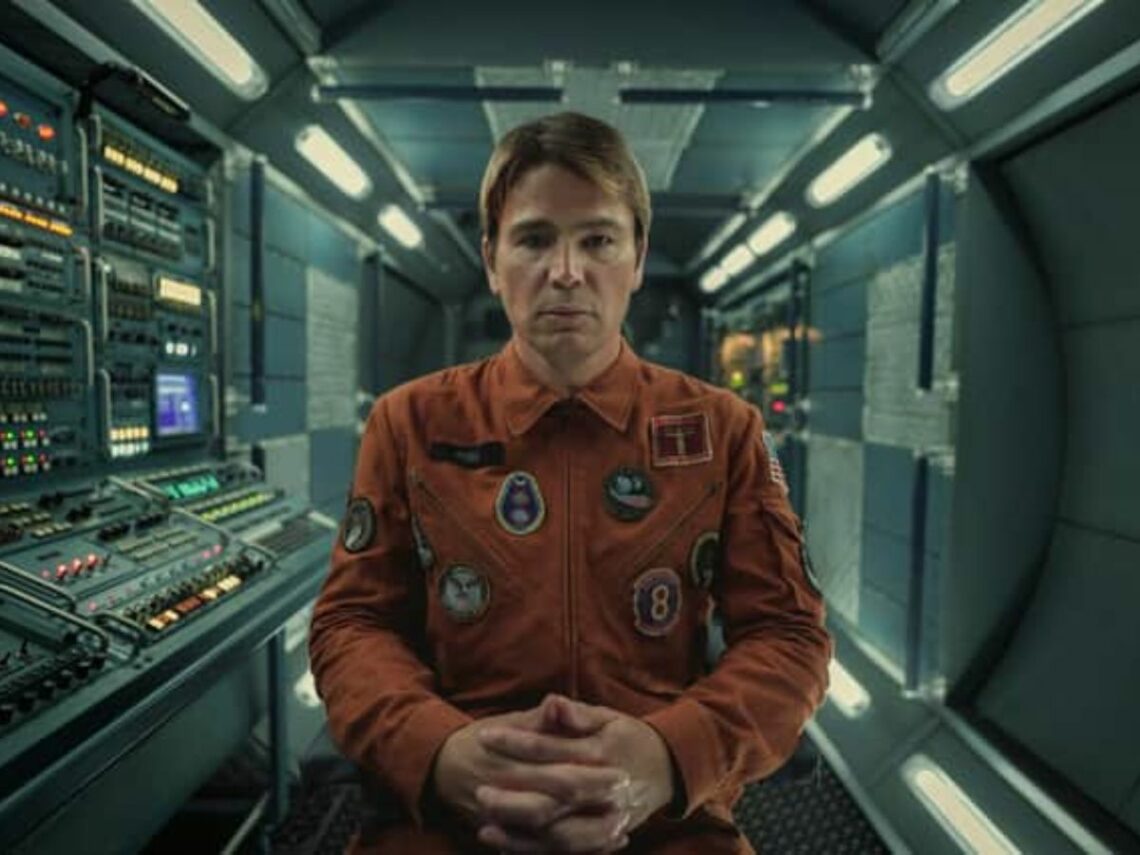“Oh my God, that’s so Black Mirror”. It’s a phrase you might have heard since the arrival of the dystopian sci-fi series back in 2011, with viewers relating the daunting technology of the show to the steady evolution of real-world innovation.
Starting off with humble beginnings on Channel 4 and a commission of just seven episodes spanning over two series, Netflix quickly saw the potential in Brooker’s concept, and in 2016, six new episodes landed on the streaming service that were decidedly more cinematic than before. Ever since, Black Mirror has become a subversive favourite of fans across the world, magnetised to its thought-provoking view of a steadily more divisive world.
With the release of the most recent series, however, the reception has been considerably more divided, with Brooker moving away from a simple ‘evil tech’ narrative to prod and probe at the symptoms contemporary digital indulgence has burdened us with. The results are mixed, with low points like Mazey Day being levelled out by innovative new visions like Demon 79, but in the mix, there was one story that had the potential to be a genuine classic.
Penned by Brooker and helmed by Irish director John Crowley, who is better known for his work on 2015’s ‘Best Picture’ nominee Brooklyn and the low-key 2007 drama Boy A, the third episode in season six of Black Mirror, titled Beyond the Sea, offered a promising concept. Set in an alternative 1969 America, the feature-length episode sees a pair of astronauts jump between two versions of themselves, the ‘real’ versions working on an arduous space mission, and another android version they can project their consciousness into that are living out a normal life on planet earth.
Life seems pretty perfect for Aaron Paul’s Cliff and Josh Hartnett’s Paul, enjoying their families at home whilst engaging with the technological marvel of space exploration, a space they evidently thrive in. But, when Paul’s android back home is destroyed in a violent attack, and his family is brutally murdered, he is forced to live out a lonely existence floating around the cosmos in a theoretical purgatory, all whilst his partner still enjoys the frivolities of life on earth.
Such makes for a haunting set-up, with Paul steadily going insane thanks to his solitary confinement, all whilst Cliff decides how to deal with the former’s deteriorating mental state, needing his partner for crucial technological tasks. Fearing for the health of his right-hand man, Cliff allows Paul to access his own android, giving him the controls behind his own face, life and relationships.
This narrative twist opens up a flood of possibilities and existential anxieties. How would you react if you saw someone lead a better version of your own life, love your partner better and parent your old child better? The avenues of exploration were blown open, especially once Paul formed a relationship and love with Cliff’s wife Lana, played by Kate Mara, yet Brooker frustratingly decided to go down the least enticing path.
Already suffering from a lack of world-building, Beyond the Sea thrived because of its concept, with Cliff becoming increasingly jealous of Paul’s life, bitter that he wasn’t deserving of such a fruitful life. Indeed, as Paul began to please Cliff’s wife, showing her a different way of living her own life, it would have been fascinating to have seen Lana fall in love with him, with Cliff becoming steadily more paranoid about what’s happening in his own earthly body when he is out of control.
Essentially, the mental states of Cliff and Paul could have switched, with the former becoming bitter, frustrated and paranoid, becoming resentful of his wife and child, who clearly had begun enjoying the company of his alter-ego, controlled by his work partner. Then, in a truly loyal Black Mirror-esque finale, Cliff could have murdered his own wife and child – ‘If I can’t have them, no one can’ – pushing the chair out to Paul in the finale, with the pair of them now sharing their loss and solitude.
Instead, the finale of Beyond the Sea was something of a damp squib, failing to live up to the promise of the concept. It all certainly makes sense by the end, with everything being wrapped up in a neat enough bow, but it’s all a little uninspired, with Brooker failing to pin-point the mastery in his own concept, unable to withdraw the terror, anxiety and existential dread at the heart of his allegory.
